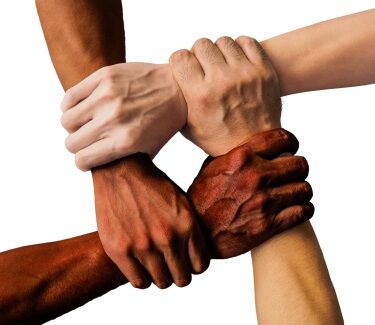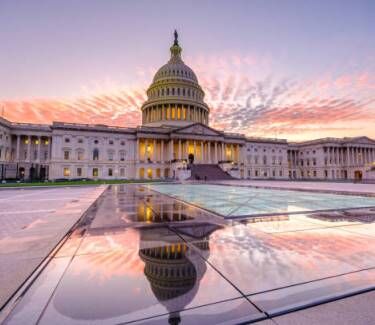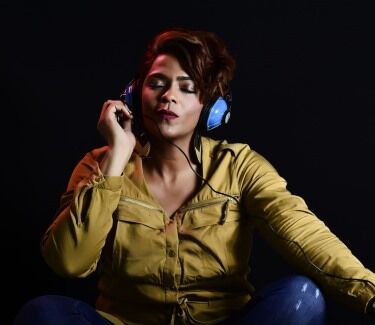Growing Size And Clout Of America’s Black Population Is Focus Of New Katz Report

Story by Inside Radio
With their buying power forecast to reach a whopping $1.98 trillion by 2025, Black American consumers are a much sought-after population segment for marketers. This group accounts for 14.2% of the total U.S. population or approximately or 47.2 million people. That represents 19.2% growth from 2005 to 2021. The U.S. Census projects that by 2060, the non-ethnic White population will shrink by 10% while the Black American population will grow 35.7%. Data from the 2020 Census count by region found that over the past 10 years, the Black American population saw the biggest increase in the Mountain, New England, and West North Central divisions, while the White population is down across all regions.
“As our population grows, we’re becoming more racially diversified and engaging with the Black American consumer should be crucial to marketers,” Katz Multicultural says in a new report.
With 85% reach, AM//FM radio delivers more Black American consumers than any other medium. Broadcast radio’s reach among Black Americans has mostly held steady during the past seven years. Roughly 26.1 million tuned in during the Dec. 2020 – April 2022 timeframe compared to 26.5 million in the Feb. 2014 – March 2015 period. Meanwhile, streaming audio has grown from 11.9 million Black listeners in the 2014-2015 period to 18.3 million in the 2020-2022 timeframe. Importantly for radio, 38% of these listeners are accessing the online streams of AM/FM radio stations, which Katz says shows “the growth and demand for audio content continues among Black Americans.”
The report, entitled “The Importance of the Black American Consumer,” also uses MRI-Simmons Q4 2022 data to make the case that radio “is a valued and trusted medium within the Black American community.” For example, it shows that Black listeners are 22% more likely to say they enjoy the ads on radio, 19% more likely to agree that radio provides relaxation and inspiration, 24% more prone to say that advertising on radio “provides me with useful information about bargains,”: 26% more apt to say radio “keeps me up to date with the latest styles and trends” and 20% more likely to say radio “is a source I trust for financial or science news.”
Also included in the Katz Multicultural report is MRI-Simmons data showing that Black Americans who have strong engagement with radio are promising consumer targets, such as home buyers or people in the market for a home theater system or a hybrid vehicle. “The Black American Heavy-Radio Listening Consumer has a +38% better financial outlook than the average U.S. consumer,” according to Katz.
The report quotes from a report by McKinsey Global Institute that underscores the opportunity for brands to tap into this underserved market. “There’s a dual opportunity to add revenue for companies and growth for the economy, while addressing important gaps in neglected communities and creating value for consumers,” McKinsey says.
Download “The Importance of the Black American Consumer” HERE.


